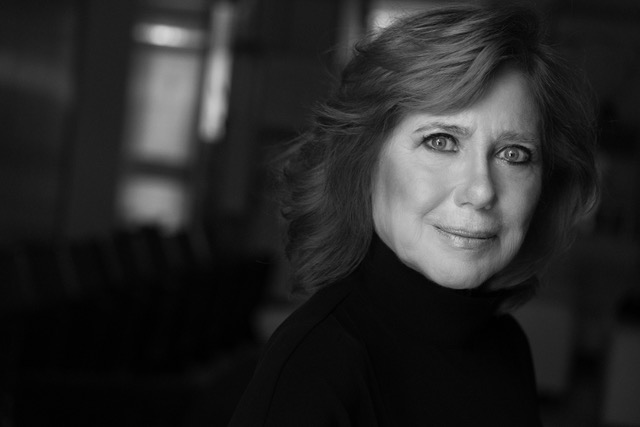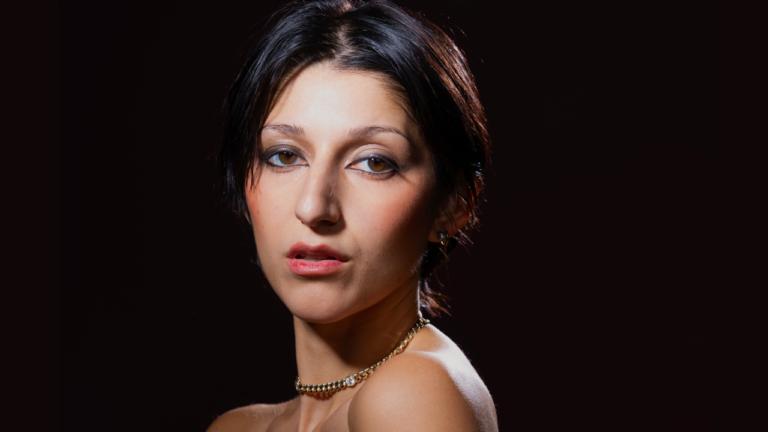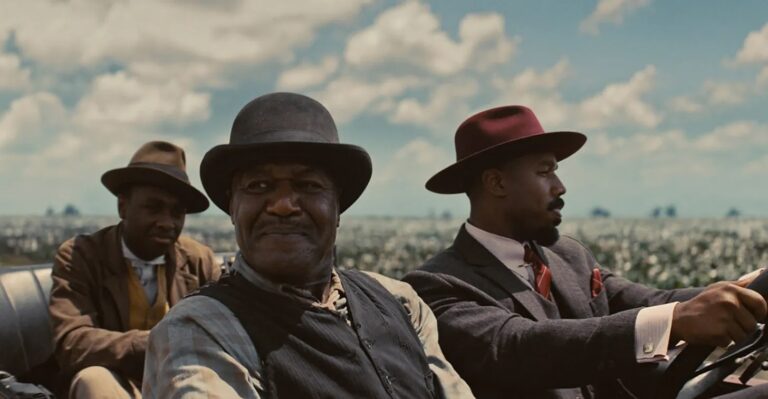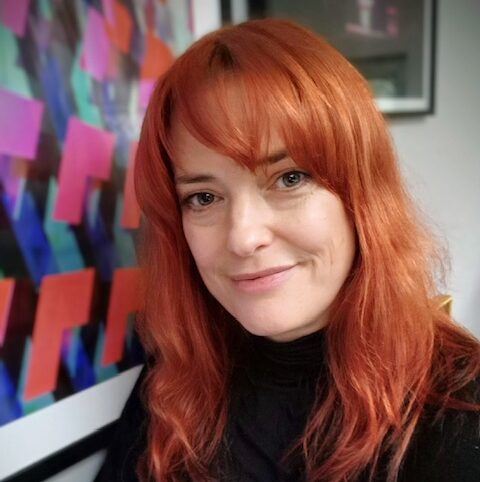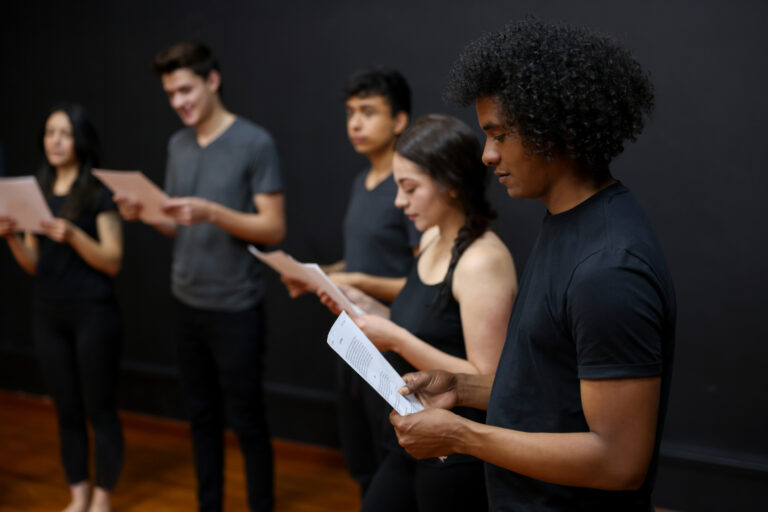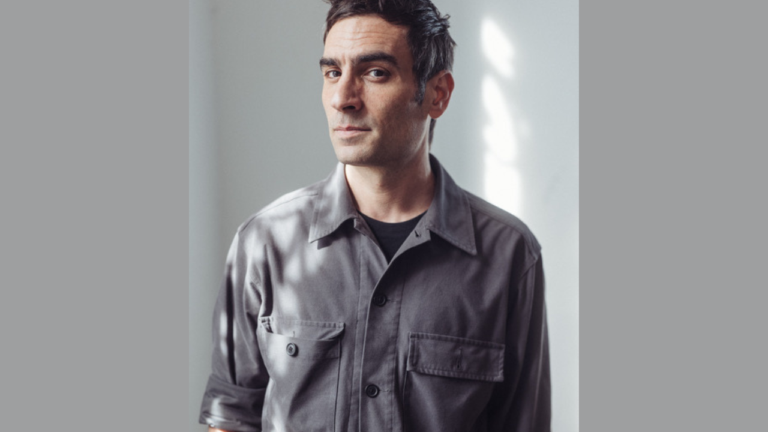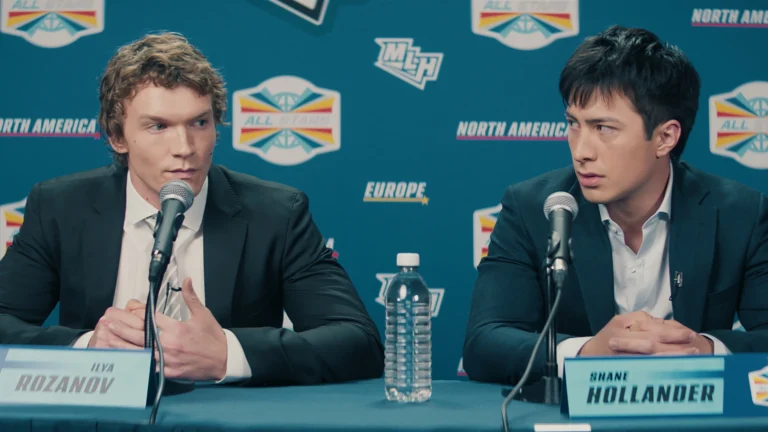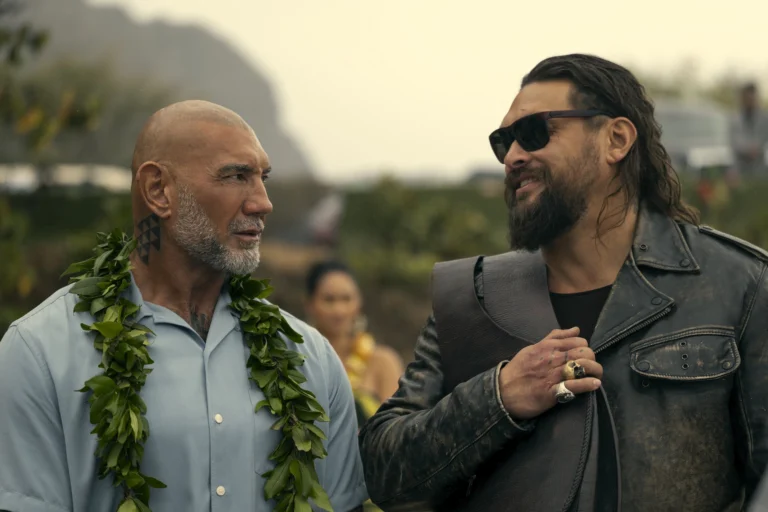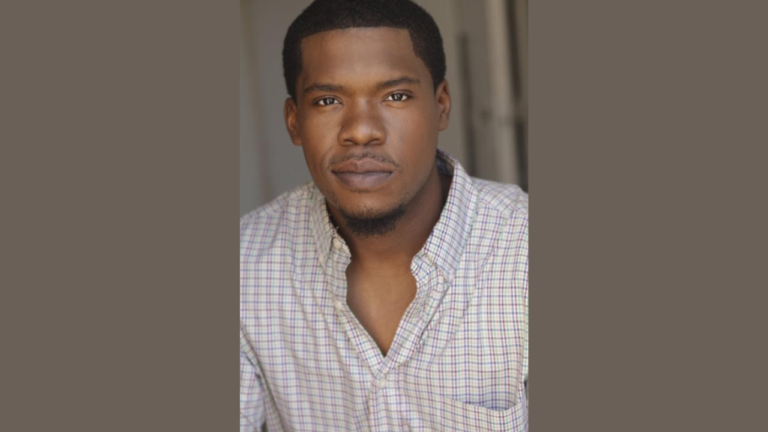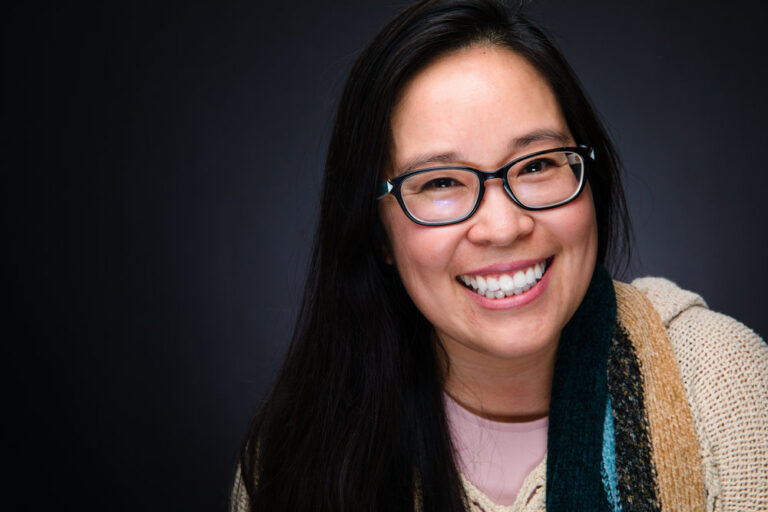Rose Wicksteed is no stranger to horror, Not only that, she’s no stranger to the Conjuring franchise of films. The British casting director has now worked on four of the films, starting with The Conjuring 2. There’s also The Nun, The Nun II, and now The Conjuring: Last Rites. This latest film, though, is the first time she’s shared a credit in the series with her longtime associate, Sophie Kingston-Smith. They have shared credits before now, most recently on the 2023 Hulu series Black Cake.
The new film brings back stars Vera Farmiga and Patrick Wilson, and features Ben Hardy and newcomer Mia Tomlinson, with cameos by franchise vets Lili Taylor, Frances O’Connor and Mackenzie Foy. Directed by Michael Chaves, it set a franchise record for its opening weekend box office, and is on pace to become the highest grossing movie in the series. The pair spoke to us from their respective London home offices.
Key Insights:
- The team prioritized raw talent over name recognition, giving rising stars like Mia Tomlinson breakthrough opportunities.
- Rose Wicksteed and Sophie Kingston-Smith have developed a seamless casting partnership, with Wicksteed focusing on creative vision and Kingston-Smith handling deals and logistics.
- Over 90% of The Conjuring: Last Rites cast was drawn from UK actors, who successfully embodied American characters.
Sophie, when did you start working for Rose? I know you’ve worked on a bunch of films together. When did it start?
Sophie Kingston-Smith: I started working for Rose as her assistant in 2017. Then she quickly recognized my brilliance (wry smile) and promoted me to associate about a year later. I think we started co-casting around COVID time, when she brought me on to co-cast a TV series with her.
Rose, what was the deciding factor that you started sharing credits with Sophie?
Rose Wicksteed: I think I haven’t been asked this question before in this way. Out of all of the assistants and associates I’ve had over the years, Sophie stuck with me the longest. She came to me just after I started working on a lot of American films and TV, so things were getting bigger, and she really devoted herself to working with me on all the projects. She was incredibly tenacious, ambitious and creative, and it felt obvious to me that it was right. When we came back after COVID, I felt like something really changed in how I want to work, and I didn’t want to do it on my own anymore. These are huge shows we’re working on, and she’s deserved it and earned it. She brings a huge amount — practically and creatively — to all the projects. And obviously she’s brilliant, as she pointed out.
SKS: (laughs) I’m blushing. I was joking about myself, but thank you, Rose. That’s really lovely.
This is the second time you’ve worked with Michael, but you’ve been with the franchise for a while. How did it start?
RW: The first time I worked on it, Peter Safran brought me on to The Conjuring 2, and that was my very first American studio film on my own. It was a huge gig at that time, and I worked with the American casting director on that film. From that it cemented our relationship, and then he brought me back on The Nun and The Nun 2, and then this one.
What’s the division of labor between the two of you?
SKS: We’ve worked together for such a long time, and we have a really nice rhythm now. Generally, Rose oversees everything in terms of the creative, and I take more of a lead on all the deals and the bookings and everything, whilst also helping to manage our two amazing casting team members, Grace Evans and Alisha Bappoo. But having said that, we do split it fairly evenly.
What about working on a different continent, across the ocean from the production?
RW: So for this film, we cast over 90% of the actors out of the UK, playing American, because we shot it here.
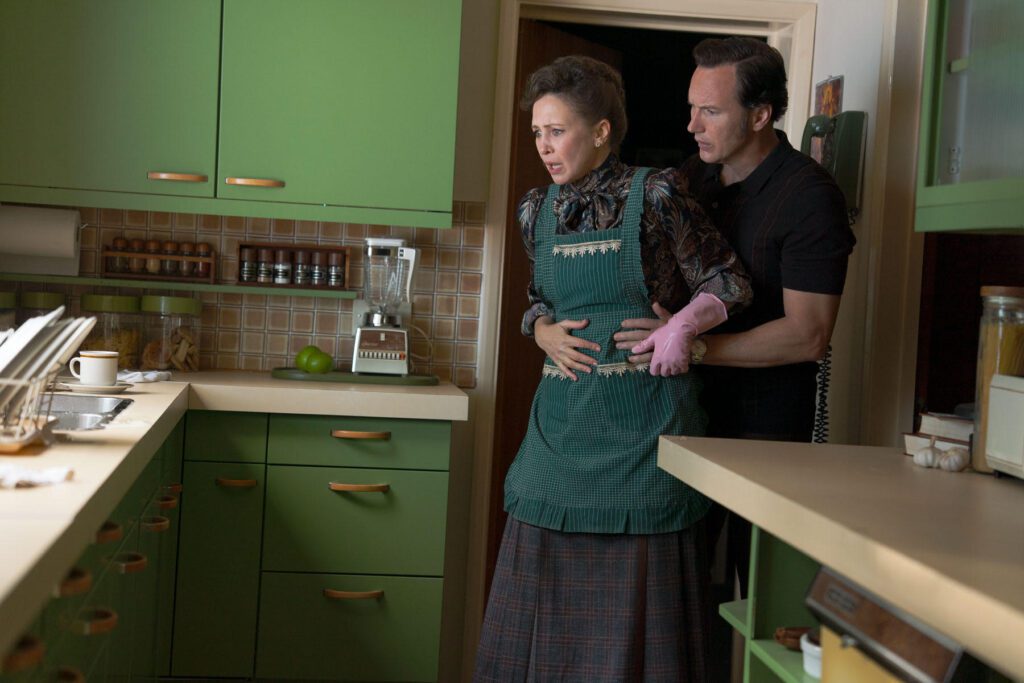
Really? I had no idea. I couldn’t tell that they were all Brits doing American accents.
SKS: I think that’s to the testament of the the caliber of the actors, that you can’t tell. There are some challenges in terms of the logistics of liaising with the producers and the people that you’re trying to negotiate with, because by the time we’re winding down for the evening, LA is waking up. So it does often come with late nights. But to be honest, that’s just the realities of intercontinental working, and we’re used to it. I think most casting offices are quite used to working late and responding at all hours, if you have to.
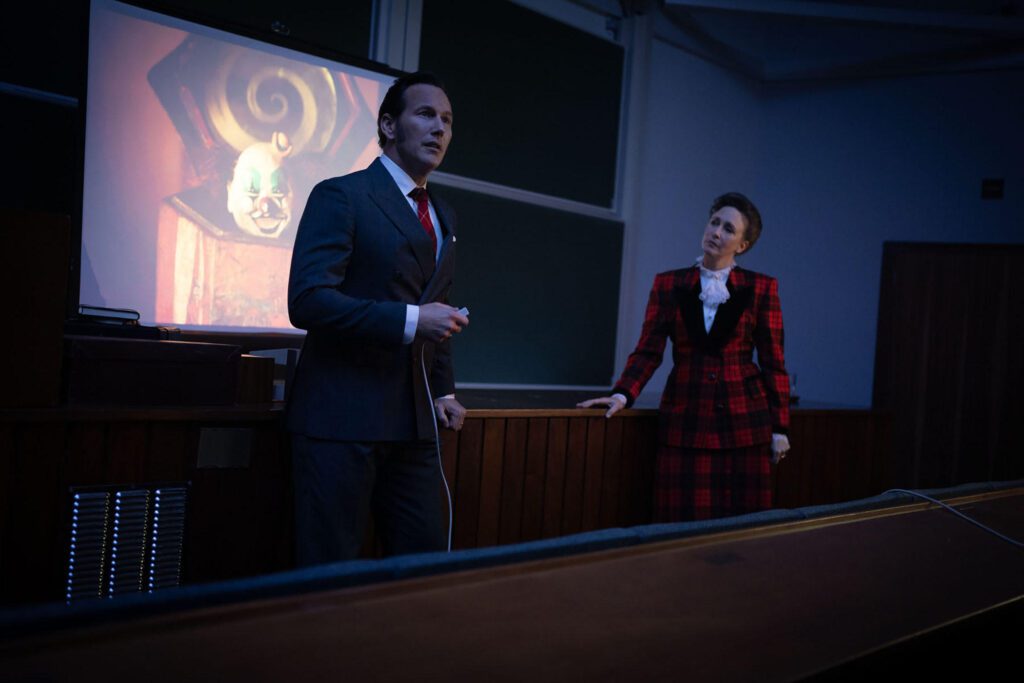
When you’re working on a project like this, the fourth in a series, are the expectations any different from the studio? Are they as attentive as they were for earlier installments?
RW: Speaking for ourselves, we definitely go into each project with the aspiration to cast it in the best way, with the most incredible actors that we want. I don’t take on any projects that I don’t feel I can do that with. This was our second film with Michael. He asks for the best talent, and it’s highly imperative that we are finding incredible actors, down to the day roles. We did do a huge amount of casting in person in London with Michael over the whole of last summer. He will meet day players. I think it’s a real testament to him and to the studio, because when we saw the movie at the cast and crew screening the other day, the quality of talent in all the roles, down to the smallest ones, gives the whole such a weight.
SKS: Michael likes to mix it up. He likes to have the option of being able to direct people on the day and give them feedback that’s maybe not scripted, or maybe do a bit of improv with them. He certainly wants to have a core company of actors who can think on their toes and bring something new. So it was important to him that he did meet with people who maybe just had one scene, because he wanted the reassurance that they could work in this way, and could take direction under pressure.
RW: We felt very proud of the cast. You never know until you see the film, obviously, and you hope that, oh gosh, that person has been able to make it happen on the day. Watching it, we were really proud of this casting.
Was there any one particular role or actor that you found that you were particularly proud of?
SKS: Oh, I can think of a few, actually, but I’d love to hear what Rose thinks.
RW: Being able to cast Mia Tomlinson was a really huge thing, because this was a very big role, playing Vera and Patrick’s daughter. She has to go on such a journey, has such an emotional range that has to be found, and we went on a lengthy, in-depth casting process on that role. Sometimes there is pressure to get someone who has potentially got a bigger name or something like this, but here, all of the filmmakers, the studio, they wanted to get the best actress for that role. Perhaps because it has the fourth film, it already has an audience, it was possible for that to happen. So from a casting perspective, that’s such a joy, because it means your pool is wide open. Mia obviously had done a few things before, but nothing on this level, and when we auditioned her in the room, she blew us away. It’s very exciting to be a part of that, because people haven’t seen her do this. Being part of that process is a very beautiful thing.
Sophie, you said that you had a few?
SKS: Well, there was this other one that stands out for me. I can’t say too much about the role that she filled, because it’s quite an early scene in the film, but we basically had to find an actress to play someone who was very disturbed and haunted by something, and the brief was fairly open. I don’t think anyone was really sure exactly what we were looking for, which made it a bit more challenging. And this actress, Paula Lindblom, just got to this place in her audition that no one else managed to get to. You could just feel the terror and the tension, and we all felt a huge sigh of relief after she had done her audition, thinking, okay, that’s her, which is always a really satisfying moment. When it’s someone who doesn’t have that much experience behind them, what a great opportunity. So yeah, very proud of her as well.
You’ve both talked about your pride in the project. When you finish a gig like this and you’ve done a good job, do you allow yourself to appreciate it, or is it more, onto the next?
SKS: I think I only really feel that sense of pride after I see it. With casting, you’re not really part of the production process, you’re pre-production, so you do all of the work, and then you basically hand it over for them to to realize. You don’t actually get that moment of pride until a good year later, when it’s out. I don’t know about Rose, but I feel like once the casting’s done, you put it to bed, and then you don’t really think about it too much until you get to experience the finished product. But it’s so nice when you do.
RW: It’s a bit different, obviously, on a TV series, because you’re ongoing throughout when they’re shooting. But with a film, as soon as principal photography is edging, like Sophie said, it’s crickets over there in production. Now that I’ve seen the film and everything, it brings a renewed sense of, “Oh, wow, yeah.” We cast this film. And we feel good about what we did.
Key Takeaways:
- Strong casting partnerships thrive on trust, complementary skills, and shared creative vision.
- Location-driven casting challenges can be overcome with a commitment to authenticity and actor versatility.
- Horror franchises succeed when casting emphasizes emotional depth and improvisational ability, even for smaller roles.
You may also like:
- What Are Casting Directors Really Thinking on the Other Side of the Table?
- Typecasting: A Comprehensive Guide for Actors
- The Aging Actor’s Pivot: A Playbook on How Mature Talent Can Market Character-Driven Roles

